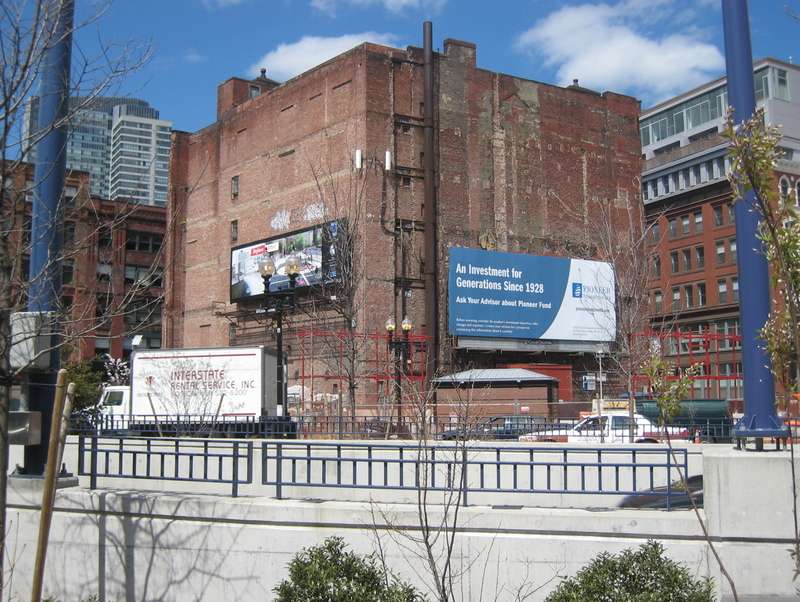ablarc -- for once i can't agree with you. i don't know about all three of the places you used for comparison, but I do know something about Chinese cities (i've lived in Hangzhou and Taichung, and know Shanghai and Taibei circa 1991 fairly well, as well as others to a lesser degree).
I don't think Boston's Chinatown is anything like any of the great Chinese cities I've seen structurally. however, it does have something in addition to the social fabric belmont square points to: it has the character and form of chinese commerce, mainland, taiwanese and expat.
the character of a place isn't exactly its social order or its physical structures -- though those are both components. the risks of not assessing the impact on a neighborhood's character are real, imho. it's not the building that's the risk, its how it gets built and used, and by who.
the unfortunate part about our Chinatown is that it is a great landing pad, but doesn't retain its people very well -- some stay, but generationally most seem to go. (i'm basing this on my understanding from years back when i had a lot to do with the Chinese community in Boston and elsewhere -- maybe i'm wrong, but, among other things, i've helped resettle two asian families in Chinatown and ~20 years later they are both now two or three successful generations all living in the suburbs, to Chinatown's disadvantage).
at the same time, i doubt most bostonians think of Chinatown much, except as a place to get an occasional dim sum or as a cultural icon that sits on the conceptual shelf of Boston -- i.e. Chinatown? yeah, we've got one of those. but if that's all we want we could point equally well to the Little Chinatown in Wollaston.
the combination of these twin perspectives is not great for launching / building a neighborhood that rivals San Fran's Chinatown, or the market districts of Taichung. but that's not a reason to wash our hands of the place or continue to under invest in it.
also, nico, a very large proportion of inner city residents do not avoid Chinatown. when i lived on beacon hill in the early 90s and took Chinese classes in a hole in the wall cultural center in Chinatown it was always bustling and never especially dangerous. Didn't always smell nice, but it had great flavor (kind of like chou dofu...) It definitely was not as much the edge of the red light zone that it had been in the early eighties. In fact, about the same time my wife used to walk home from an Emerson internship there after dark and we didn't worry about it too much.
i'd like to see the building built, fwiw, but it would be nice to see more neighborhood capital investing in and owning projects like these, as well as improving (or at least layering) on what is already there...

